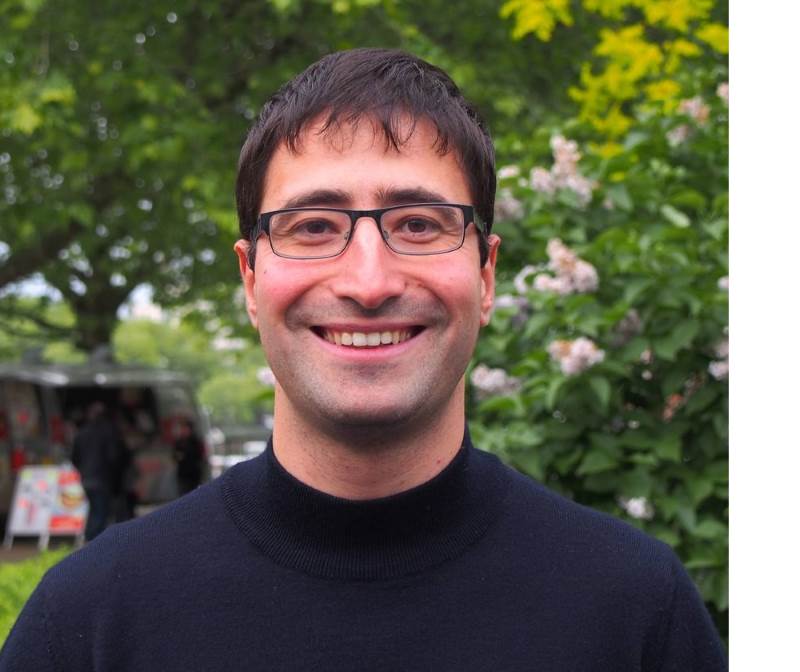
Dr Oleg Blyuss is a Reader in Data Science and Statistics at the Centre for Cancer Screening, Prevention and Early Diagnosis. His research is around development of predictive models that use multi-omic data for the early detection of cancer. Current grants aim at the analysis of longitudinal data arising from serum biomarkers and MRI images, which allows for a personalised approach in early detection. Oleg holds a PhD in Applied Mathematics from Oles Honchar Dnipro National University, Ukraine.
When/where do you get your best research ideas?
I learned this from a colleague I met during my first postdoc at University College London—some of the best research ideas come from informal gatherings with people from different backgrounds in a relaxed setting. The pub has always been the best place for this—some of my grants started as casual discussions over a drink. Talking freely in a friendly atmosphere helps spark new ideas and creative thinking.
Which failure changed you the most?
One of the failures that changed me the most was not getting the UKRI Future Leaders Fellowship in January 2020. It is a very competitive scheme, and I reached the final stage but did not get selected. At first, I felt disappointed, but then I realized getting to the final round implies that my research agenda and vision are important. Instead of giving up, I looked for other opportunities to continue my research. This experience taught me to be more persistent, and later I was able to secure funding from other councils and get my Reader position at Queen Mary University of London.
What is the best piece of advice (work or life) you’ve been given?
The best piece of advice I’ve received is that a big part of an academic career is just a matter of statistics. Failures don’t mean much—they’re simply a sign that I should try again next time. This advice helped me understand that setbacks are part of the process and not something to get discouraged about.
I’m inspired most by…
I’m most inspired by the amazing bosses I’ve had throughout my career. I’ve been lucky to work with great leaders, starting in Ukraine and later in the UK at University College London, University of Hertfordshire and Queen Mary University London. They showed me how to organize work well, collaborate with others, and lead by example. Their support and way of working have shaped how I approach my own work, and I try to follow their example in everything I do.
Which books have greatly influenced your life?
“The Selfish Gene” had a huge impact on me. It made me fall in love with biology by showing how incredible and complex life really is. Before reading it, I hadn’t fully appreciated just how beautifully everything in nature is connected. This book also sparked my interest in healthcare, making me want to work in a field where I could apply science to real-world problems. Over time, that interest grew and eventually led me to focus on cancer research. Looking back, I can see how much this book shaped my curiosity and the path I took in my career.
What is your favourite paper that you’ve published in the last 5 years (the one you’re most proud of)?
One of the papers I’m most proud of is from my work on the UKCTOCS trial, the largest ever ovarian cancer clinical trial dataset. In this study, I developed a new approach that uses longitudinal CA125 measurements—the best available ovarian cancer biomarker—to predict cancer risk. By analysing the largest serial CA125 dataset in the general population, we provided strong evidence that longitudinal algorithms are significantly superior to the simple cutoff values currently used in clinics. An important advantage of this approach is that it enables a more personalised assessment by comparing individuals to their own baselines rather than relying on fixed population thresholds. We’re still working on developing a more efficient multimarker version of the algorithm, which would further improve its performance. This work has important implications for improving ovarian cancer screening and early detection, making it particularly meaningful to me.
The views expressed are those of the author. Posting of the blog does not signify that the Cancer Prevention Group endorses those views or opinions.
